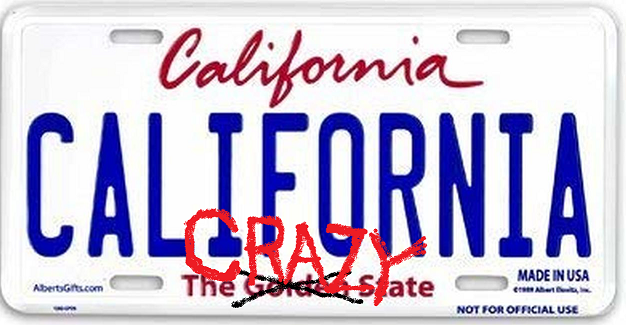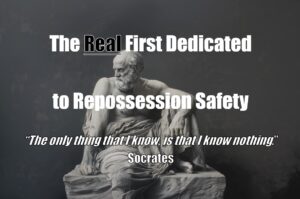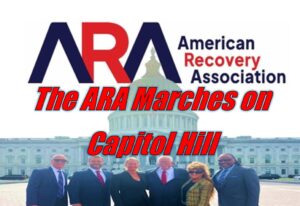
Bill Would Require Plate Photos Redacted and Data “Anonymized”
Sacramento, CA – A sneaky new attempt to kill License Plate Recognition (LPR) technology use in California has been introduced that takes aim, not at the cameras and their use, which is battle that has been lost by consumer privacy zealots over and over again, but at the data itself. The new bill, would require the license plate data and photos be “anonymized” or redacted, rendering the data almost useless without herculean workarounds yet to be explored.
Back on February 22, 2019, California State Assemblyman Ed Chau of California’s 49th District, located in southern California’s San Gabriel Valley, introduced Assembly Bill 1782. The proposed bill, now in it’s 4th revision, is an amendment to existing sections 1798.90.5, 1798.90.51, and 1798.90.53 of the California Civil Code, relating to personal information.
Amongst the sweeping and dramatic requirements of the proposed bill are;
- The requirement of all non-anonymized LPR data to be destroyed after 60 days.
- Implement a usage and privacy policy in order to ensure that the collection, use, maintenance, sharing, and dissemination of ALPR information is consistent with respect for individuals’ privacy and civil liberties.
- The usage and privacy policy shall be available to the public in writing, and, if the ALPR operator has an internet website, the usage and privacy policy shall be posted conspicuously on that internet website.
- A procedure to ensure that all ALPR information that is shared with an organization or individual, not including a law enforcement agency, outside of the entity that generated that information is sufficiently anonymized to protect the privacy of the license plate holder.
Within the bill’s definitions, the term “anonymized” is clearly defined as:
(a) “Anonymize” means to redact the images of the registration plates and the characters they contain from the ALPR information so that the ALPR information does not identify, or does not provide a reasonable basis from which to identify, an individual.
How the LPR companies could work around this is unknown and to the best of our knowledge, unexplored. What is puzzling about this is how would a repossession assignment itself be uncoupled from an LPR hit? Even if the plate was redacted, the prohibited characters and numbers would be necessary to affect a repossession assignment at some point.
To get back to basics, people are licensed, vehicles are registered. Regardless of the vehicle a person is driving, it is their license number that identifies them. Vehicles, on the other hand, are registered to individuals, but not necessarily operated by them. The point being, that the use or identity of a vehicle is not explicitly tied to the registered owner. Therefore, the location of a vehicle is not explicitly tied to that person and therefore not explicitly tied to their location. It is a huge leap to say that the photographic or data transmission of a publicly visible license plate, again, one whose registered owner information is already “anonymized”, between two commercially permissible parties for a legal process, risks any persons privacy.
While the bill’s author and the people at the ACLU and other privacy rights extremists all feel that they are doing the public a service and protecting it, they fail to comprehend the financial impact the eradication of LPR recoveries would have on the general public.
With LPR recoveries being anywhere from 7%-15% of all auto repossessions, the subsequent reduction would equate to loan loss increases. Losses more likely to occur in the lower FICO bands and incomes, where rates are already highest. These rate increases would equate to an increase in monthly payments and long-term interest paid by all borrowers, especially those lower credit tier borrowers whose incomes and payment to income ratios are the tightest already.
This pending legislation is using a similar tactic used in the state of California in their attempts to circumvent the second amendment rulings against their attempted outright efforts to ban assault weapons. Rather than outright bans, which they have also tried with LPR in the past to no avail, they attempt to pick away at their functionality.
As a tactic of dissolving usability of assault rifles, they have successfully created a bullet button requirement on assault weapons sold in the state that slows reload times by requiring users to insert a key to unload a spent magazine. They have also attempted to require the requirement for every bullet sold in the state to have an individual and registered serial number and, in the “Leno Bill”, they are attempting to require assault rifles be disassembled in order to reload them. It is clear that when they can not, from a direct manner outlaw something, they create barriers to its usability.
While this effort may appear to be isolated to California, let us not forget that in the aftermath of California’s previous failed attempts, other states have made similar or identical efforts in the past and should this bill succeed, it could become a blueprint for others wishing to eradicate LPR use by the repossession industry.
CUCollector has reached out to the California Association of Licensed Repossessors (CALR) who have stated; “We are aware of the bill and monitoring the situation.”










Facebook Comments